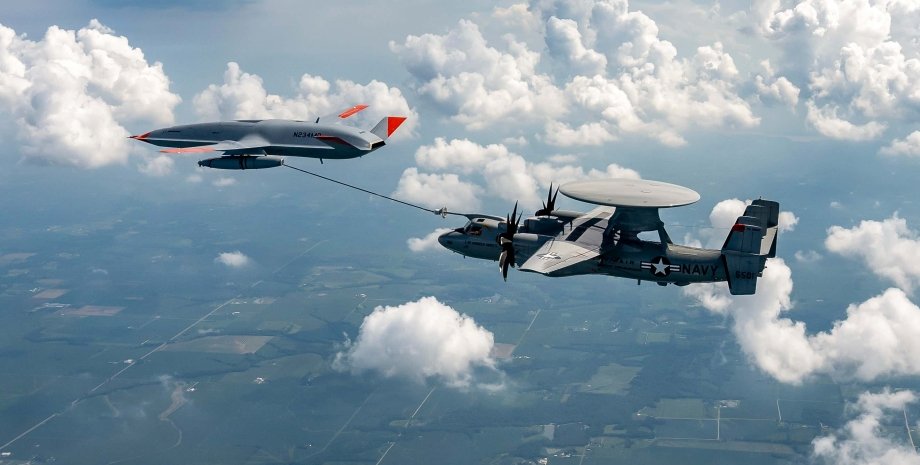
According to Russia, the territory of Russia has repeatedly undergone drones since the full -scale invasion of Ukraine has begun, and therefore the Ministry of Defense of the Russian Federation is currently discussing the legislative initiative to think through the protection of the protection of large companies.
The Chairman of the State Duma Committee on Information Policy, Alexander Hinstein, reported plans to submit to the bill that would allow force departments to stop the movement of any drones, since the legislation in force in the Russian Federation allows forceful structures to stop only the air of drones capable. Roszma also reports that at the end of March, UAVs were disrupted in the Tula region by means of radio electronic struggle, as a result, three people were injured.
According to the Bryansk authorities, on March 21, the Druzhba oil pipeline was attacking the unmanned apparatus in the area of NPS "Novozibkiv" Transneft JSC, and at the end of February in the Moscow region, an unknown UDC fell from Gazprom for 100 m from Gazprom's gas compressor station.
We will remind, at the end of January Russian cadets in Omsk presented an unmanned aircraft for the Armed Forces of the Russian Federation, made of construction tiles, which, according to them, will be able to attack the positions of the Armed Forces, but is not yet able to land normally. On March 19, a drone of unknown passing crashed under the Russian city of Tula. Some local experts believe that the device could fly about 600 km.










All rights reserved IN-Ukraine.info - 2022